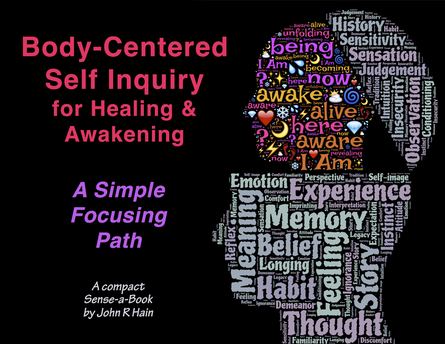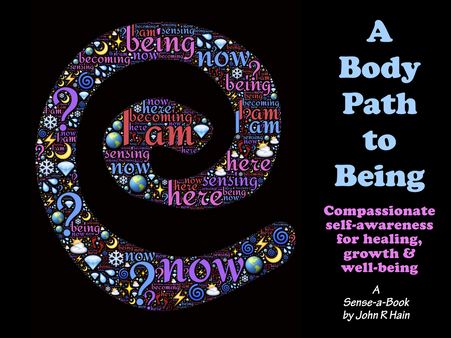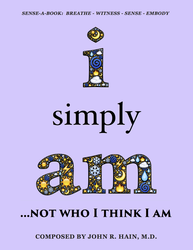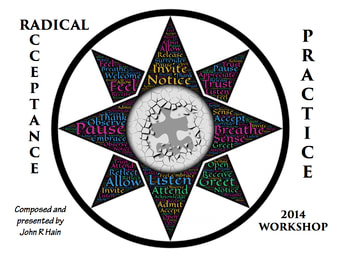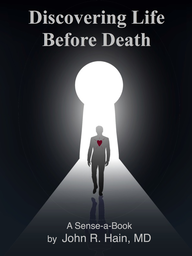|
Throughout childhood most everyone had to adapt to environments and conditions they could not control. Seeking security we adopted identities and ways of navigating the world that could be counted on to satisfy our wants and needs, or those of others to whom we deferred. Often there is a great deal of comfort in confining oneself to what is most familiar, until we sense a need for change, which requires courage to forego comfort and step into uncertainty.
2 Comments
3/20/2024 1 Comment What's not to Love?
Discover the truth that all is Love by relating to all lovingly. When we suspend judgment and offer every element of our experience unconditional Attention, Acceptance, Appreciation, Affection, and Allowing, we open ourselves to the Love that permeates and surrounds us. The default human operating system is designed to ensure survival, which includes a strong negativity bias, putting us on the lookout for what's wrong, amiss, troublesome, dangerous, lacking, insufficient, unrewarding, uncomfortable, untrustworthy, etc. This despite the fact that we live in a time of unprecedented abundance of resources and physical safety. Isn't it time to courageously venture out and treat every experience as gift?
3/18/2024 1 Comment Built to Learn and to UnlearnTHE HUMAN MIND: BUILT TO LEARN AND TO UNLEARN
We human beings invest enormous energy in learning. Sensing, thinking, feeling, and responding are used to explore, discover, distinguish, define, understand, interact with, and manipulate each environment. The "wiring" of the mind develops and is molded in concert with one's present and prior observations, experiences and interactions with the outer world, especially other people. We even create out of this a sense of personal identity, a "character within a story" that becomes who we believe ourselves to be. This innate tendency of the mind to build upon what it "knows to be true and real" makes it a construct based largely in the past, meaning that any significant "changing of one's mind" requires investing considerable energy over an extended period of time to rewire the brain.
Unlearning is not a simple process of deleting or forgetting, however, but is more like rewriting or overwriting. This is why learning any new skill or way of behaving requires dedicated practice, not simply will. One way to develop a new mindset based more on what is real and true in present time is a regular daily practice of "being present with what is" while noticing, acknowledging, and accepting any thoughts and feelings that surface during the process. To attend each thought and feeling, albeit present or past-based, with curiosity and compassion is an exercise of loving presence and can open doorways to deep healing and profound personal transformation. Find out more by viewing my ePublications in the Books/Resources section of this website.
Sense into some of the qualities embodied by leaders you admire and how those virtues are used to inspire others. Consider the possibility that you too can provide leadership simply by recognizing your capacity to uniquely express similar virtues and values when interacting with others. Simply being authentic and sharing one's perspective can be the starting place for building a base of self confidence from which additional steps are taken with increasing ease.
TRANSCENDING PREOCCUPATIONS WITH SURVIVAL
We humans have evolved extraordinary capacities to analyze, conceptualize, manipulate, and alter our environments in order to ensure our survival. This requires constant mental as well as physical attention, preparation, and work. Born into a world as vulnerable creatures we learn through experience to recognize threats and react quickly. So fear, anxiety, uncertainty, suspicion, wariness, pain, guilt, pressure, urgency, loss, concern, anger, greed, jealousy, and even shame and embarrassment, are feelings that call the body to do something to address whatever conditions are perceived to cause them.
Although extremely helpful for survival, responding to cues based in discomfort is not very helpful when survival is not an issue. So here we are, suffering in many ways from our built-in mindset seeking out and reacting to the slightest perceived deficiency and insecurity. Yet, foremost, we are spiritual beings in human bodies with which we are so strongly identified that we often lose sight of the fact. Not only are we built to survive, but we are also built with the capacity to transcend our preoccupations with survival and experience the mysterious unfolding of nature and our selves in the moment. This transcendence of the false identification with "survival mind" delivers us into a new form of aliveness where we can discover and witness over and over, infinitely, the mystery and miracle of being fully human. The great news is that this is possible, with a little discipline and practice. Find out more in Books/Resources 3/14/2024 0 Comments iOS 8 - to infinity and beyondInstalling a new mindset takes |
SENSE-A-BOOKS:
view free now Archives
March 2024
CategoriesAll 5 A's Discovering Life Before Death Discovering Wholenesss Identity Mission Statement Radical Acceptance Practice Redefine Life Expectancy Self Image Suffering Happens Thoughts-feelings Transcending-suffering |
Search by typing & pressing enter

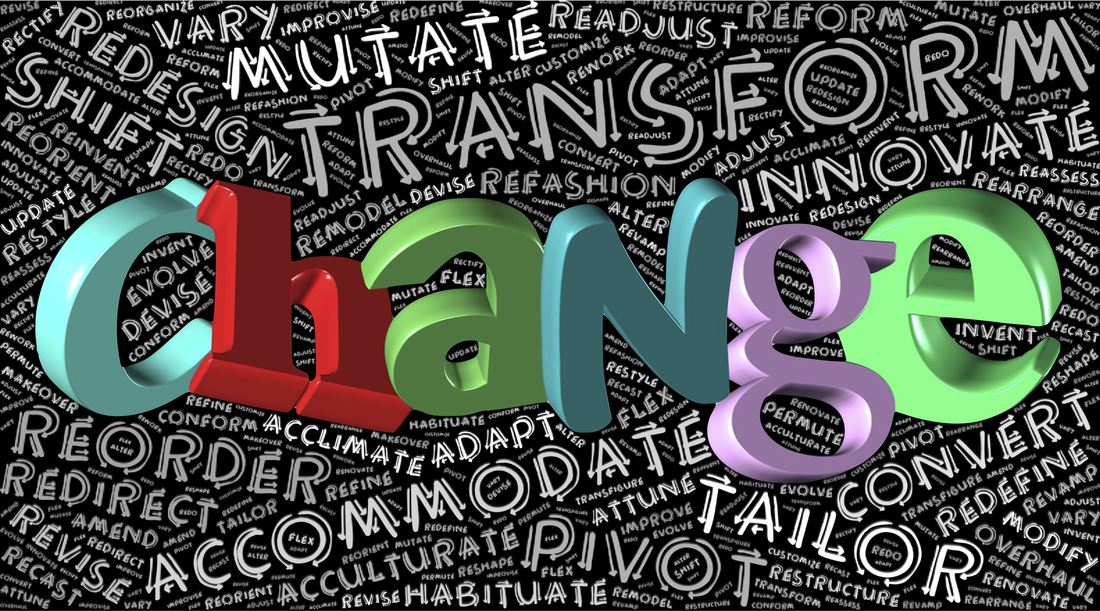
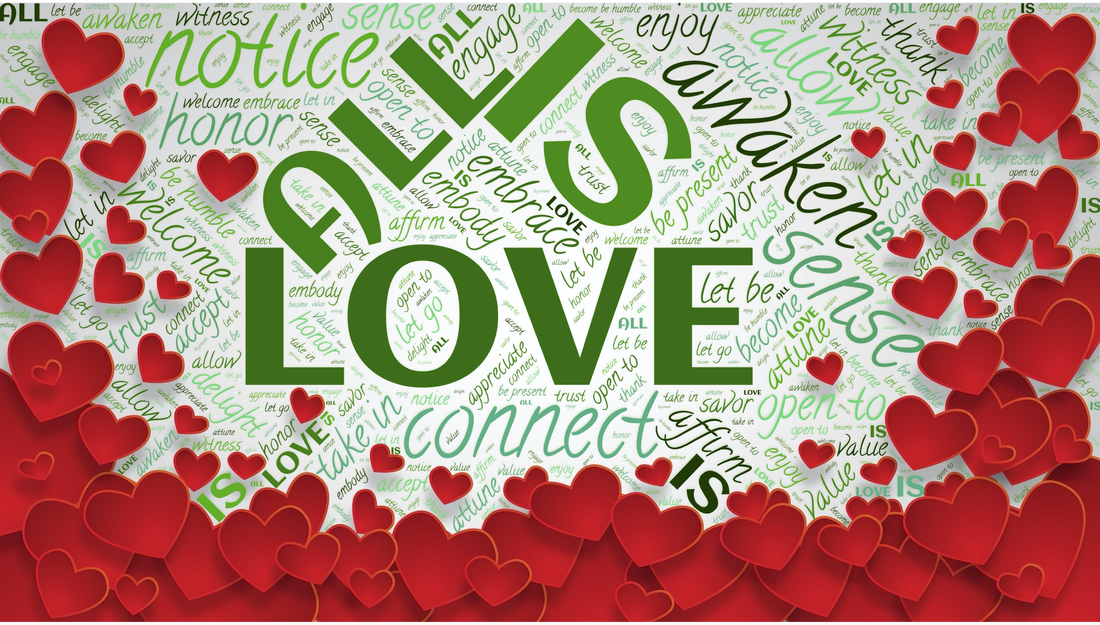
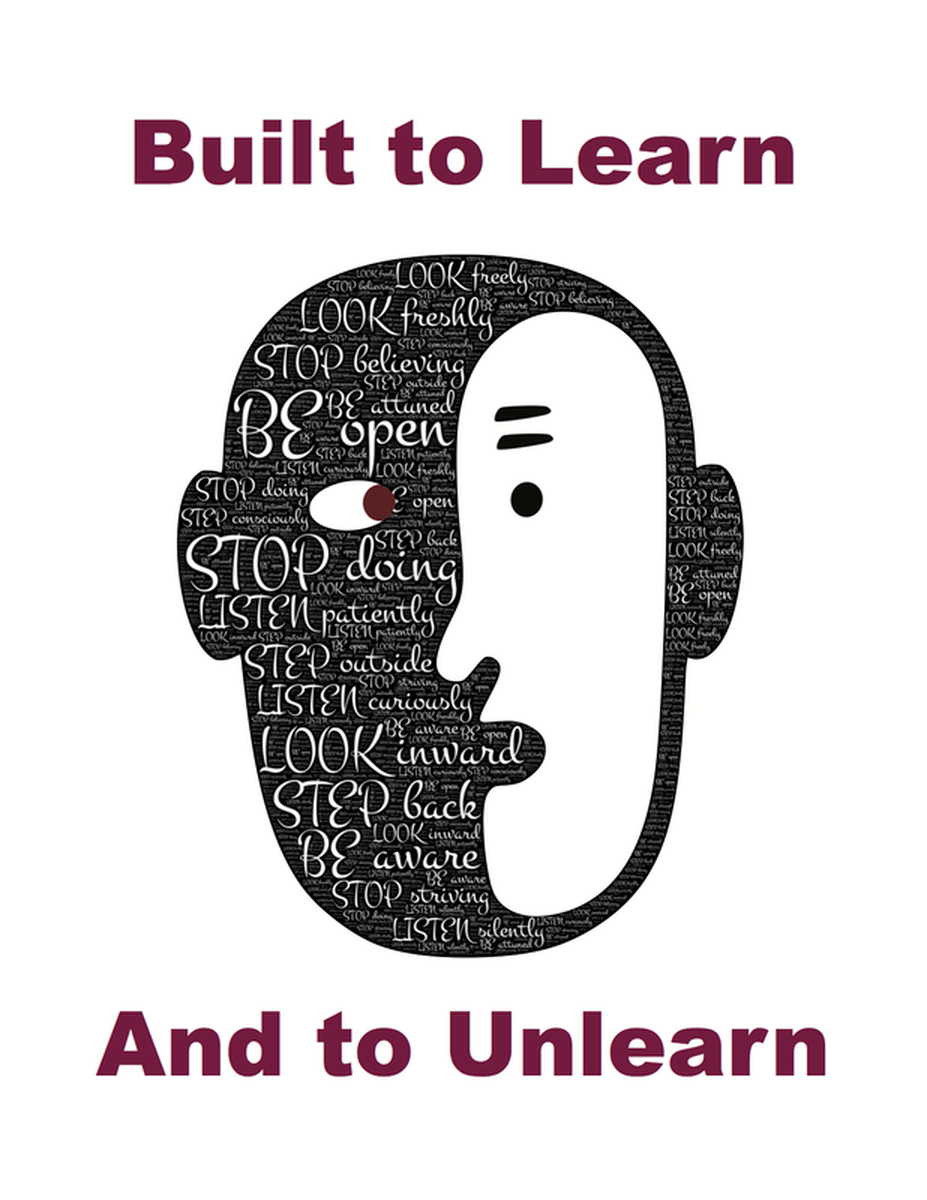
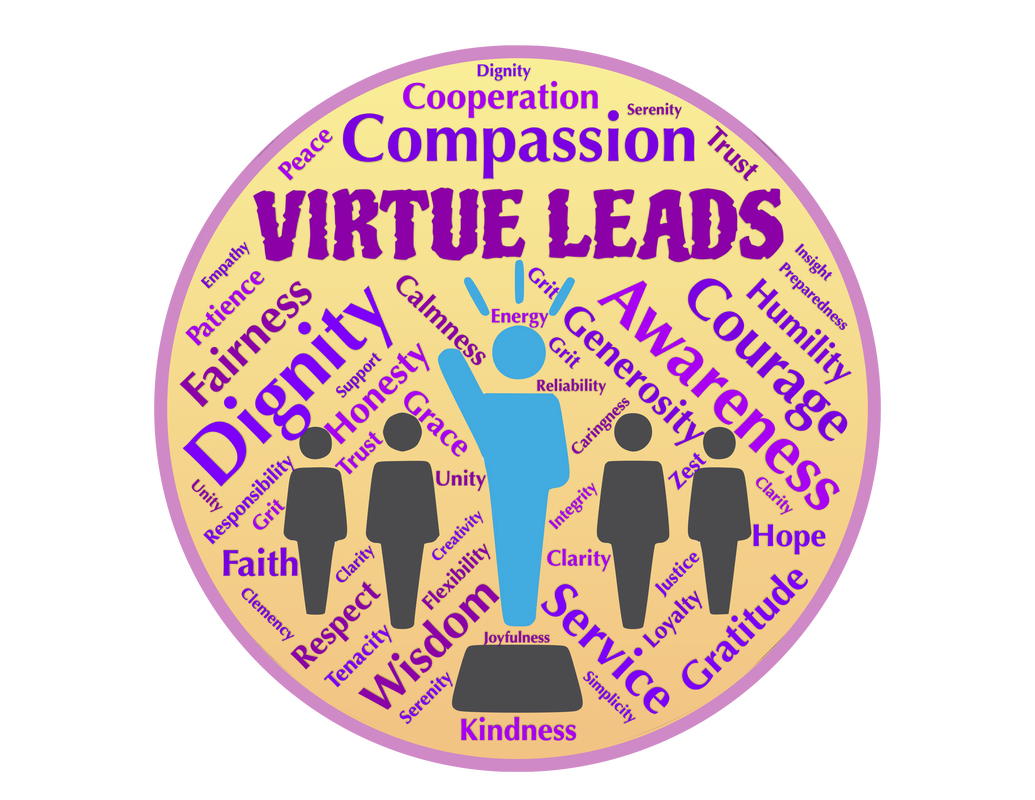
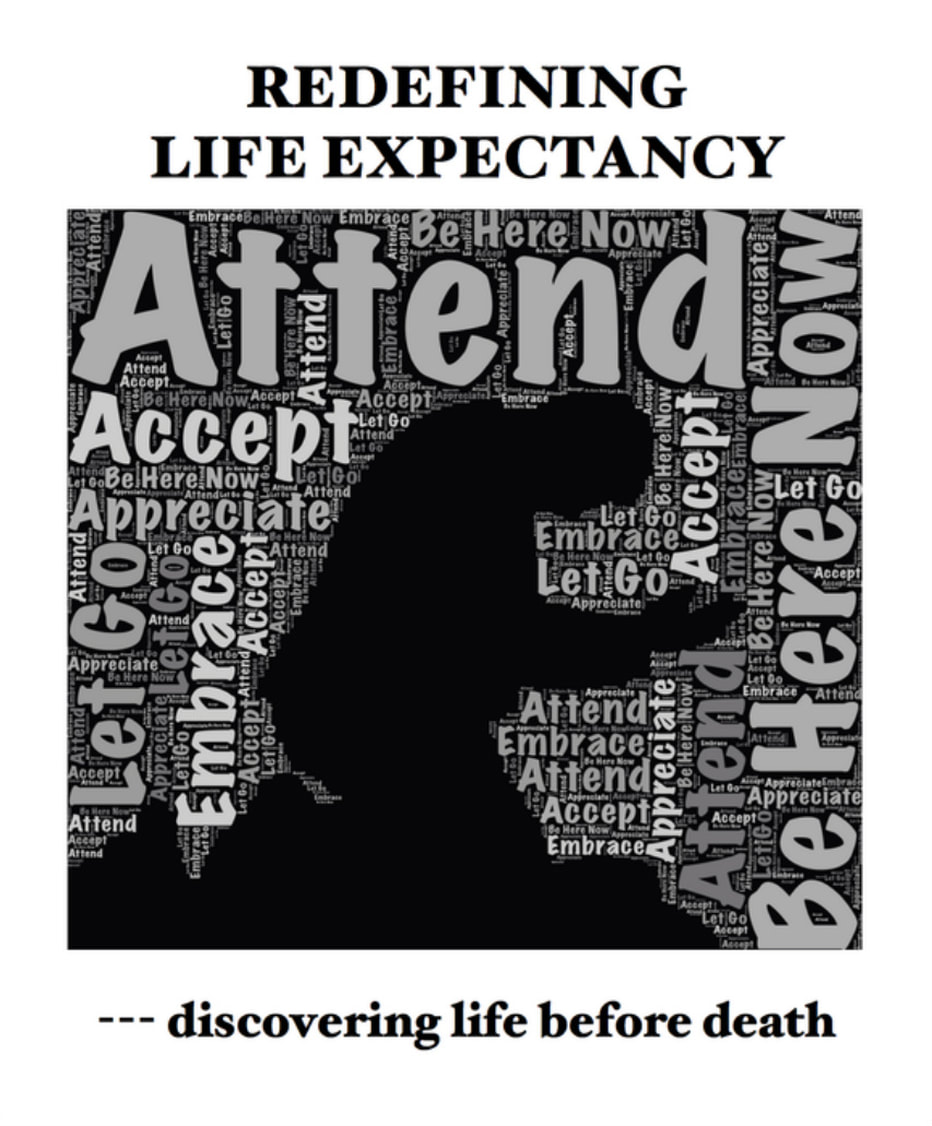
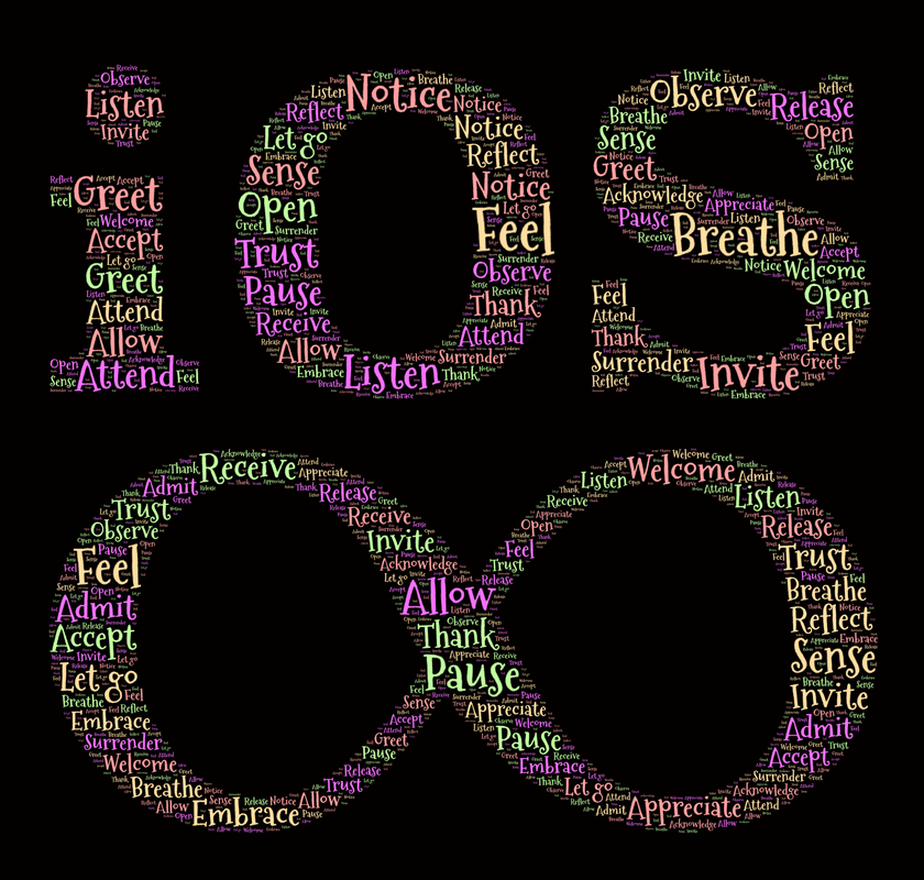
 RSS Feed
RSS Feed
